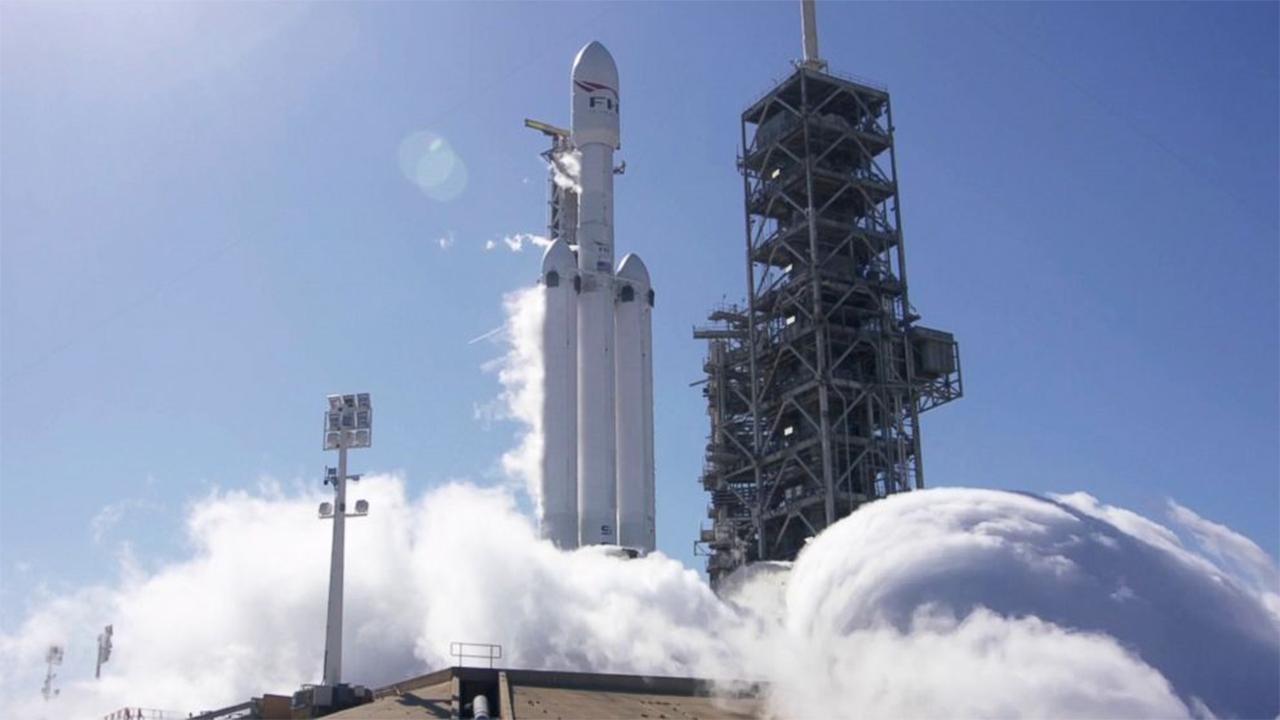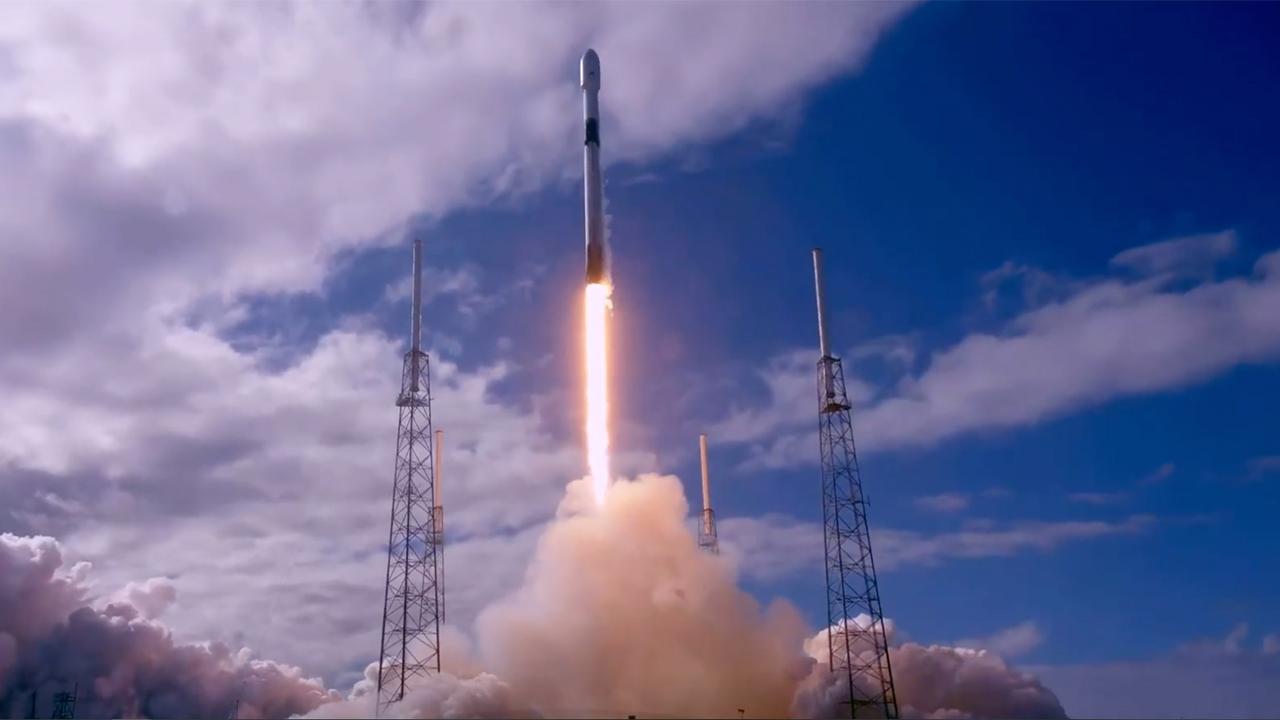Space shots: Companies, countries and investors aim for the stars
Space stocks are flying high as more projects take off
Space must be the final frontier because there is a mad rush to get there and cash in.
The Harvard Business Review estimates that the space market is already worth an estimated $325 billion, and could hit $1 trillion in a decade. Long gone on the days that Russia and the United States duke it out for supremacy in the galaxy.
According to a recent edition of The Space Review, there are 50 "spaceports" that will soon be online around the world. Where it used to be the U.S. versus the Russians, now 13 countries have organized space agencies.
VIRGIN GALACTIC REPORTS FIRST LOSS SINCE IPO
Driving this new space race is the arrival of "small launch vehicles" preparing to deliver everything from communications satellites to telescopes into the low Earth orbit. In addition, Elon Musk and his firm, Space X, has successfully built re-usable rockets that safely return to Earth. And Virgin Galactic's celebrated space tourism plans, with well-known boss and frontman Sir Richard Branson at the helm, have made space seem highly accessible.
How accessible? Take Portugal, for example.
The Iberian nation has a gross domestic product of $239 billion, which is just slightly more than the state of Connecticut ($230 billion). While Connecticut which has seen big businesses like General Electric bolt the state because of taxes and crumbling infrastructure, you would be hard-pressed to imagine the Nutmeg State building a high-tech spaceport on spec.
CLICK HERE TO GET FOX BUSINESS ON THE GO
However, on the island of Santa Maria, the country plans to build one of the world’s busiest spaceports, with rocket launches happening at the frequency of plane takeoffs at a small airport, according to a report in Technology Review. It also wants to lure in curious travelers to tap into the bubbling space observation, and tourism, industries.
“Space is no longer really seen as just countries wanting to show off their technological prowess and sovereignty,” Chiara Manfletti, the president of Portugal’s new space agency, Portugal Space, told Technology Review. “It’s recognized as something that brings added value to society, and a competitive advantage for business.”
In 2018 alone, there were more than 100 space launches from eight different countries. This year, there has been a launch nearly every month. And in 2020, even more launches are set for takeoff, including novel missions from NASA and Elon Musk’s SpaceX.
THOSE MILLION DOLLAR MOON TRIPS MAY PREVENT US FROM TALKING TO E.T.
| Ticker | Security | Last | Change | Change % |
|---|---|---|---|---|
| UFO | PROCURE ETF TRUST II PROCURE SPACE ETF | 43.97 | +1.86 | +4.42% |
| SPCE | VIRGIN GALACTIC HOLDINGS INC. | 2.53 | +0.18 | +7.66% |
The space "gold rush" has seen more than $24 billion invested in space-related companies, according to Space Angels, an early-stage space investment collective.
For public investors, Branson's Virgin Galatic skyrocketed today. The stock is up more than 6 percent, and it is up more than 40 percent for the year as investors get more excited about the future of space.
ORBITING HOTEL WITH $5M LUXURY SUITES NEEDS INVESTORS TO GET OFF THE GROUND
In addition, the S-Network Space Index℠ has grown based on the performance of half of the stocks in its exchange-traded fund, which was developed by experienced space industry analyst Micah Walter-Range, former director of research and analysis for the non-profit Space Foundation. The ETF trades under the unforgettable stock symbol, UFO.





















